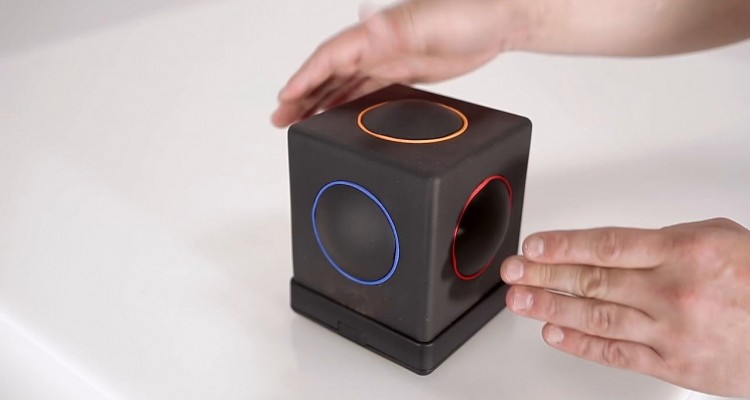Music and the Deaf
Having recently heard of the charity, Music and the Deaf, I can’t deny I am amazed at the skill, dedication and passion involved.
What they do
Thinking purely from a practical standpoint, most people with hearing take an astonishing number of things for granted but take a deaf child learning how to play the flute. How do you explain to a deaf child how to blow into the instrument? They cannot hear the sound made when they exhale, nor can it be seen without a chill in the air highlighting our breath.
How do you explain what music actually is? How do you explain the significance of what they are doing? They hit a drum or blow into a flute and nothing happens. Then you might ask what the point is with deaf people learning music if they can’t hear it? But actually they can, they just don’t use their ears. With the loss of hearing, every other sense is heightened, they hit the drum and can feel the vibrations through the drumsticks and up their arms – they literally feel the music they are playing.
Dealing with deafness
I think what Dr Paul Whittaker OBE, founder of Music and the Deaf, has accomplished is a huge step forward to ending the isolation that deaf people feel. It is understandably difficult for hearing people to relate to the simple and daily struggles they endure but if only for a moment imagine what a typical day would be if you couldn’t hear a thing. How do you wake up on time for work in the morning? You can’t hear your alarm clock. How do you know you’re breakfast is finished cooking if you can’t hear the timer? How do you communicate? Write everything down? That I’m sure would get old, fast. Even if you’re surrounded by other signers, you have to be facing them to see their conversation, so talking in a group can be something of a problem.
Steps forward
Music and the Deaf thankfully is not the only step forward. Heriot Watt University is the first University to offer a degree in British Sign Language. It not only teaches deaf and hearing people to communicate using sign language, it introduces the very individual culture, customs and history of the deaf community.
These are certainly valuable steps forward but it is nowhere near enough. I had my first taste of BSL as a student of Chemistry at Heriot Watt with BSL being an extra-curricular module but now that I am no longer a student there, how do I continue learning sign language? There are precious few places that teach sign language without committing to a 4-year full-time degree. The deaf community has existed in a vacuum for too long and how is that supposed to change if we do not build bridges between us? In the modern world it is quite common for people to learn and even teach themselves how to speak in German, Russian, Chinese and even Arabic but never British Sign Language.
------------
Sign Up to get our weekly bulletin and comment on discussions!
------------
Liked this? Click on the links below to check out some more articles:
Teatro El Grupo: an opportunity to believe
Have your say on the future of accessible home design
Tags:
Replies to This Discussion
© 2025 Created by Gordon White.
Powered by
![]()
